India’s options post-Uri
In the aftermath of the terrorist attack on the Indian Army brigade headquarters in the town of Uri, Jammu and Kashmir, Gateway House has compiled potential policy options for India.
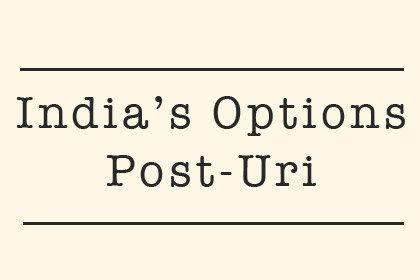 Courtesy: Gateway House
Courtesy: Gateway House
In the aftermath of the terrorist attack on the Indian Army brigade headquarters in the town of Uri, Jammu and Kashmir, Gateway House has compiled potential policy options for India.
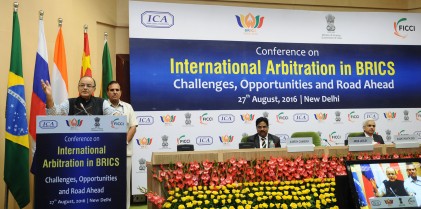 Courtesy: IBG News
Courtesy: IBG News
India’s goal of establishing arbitration centres for BRICS nations will not be possible without a holistic assessment of its arbitration policy.
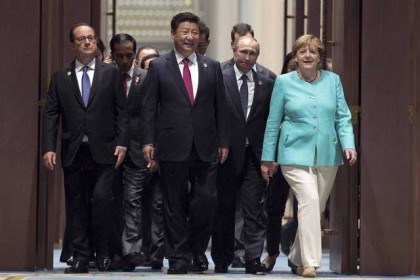 Courtesy: AP
Courtesy: AP
The IMF warned at the G20 Summit, held last week-end, that the world economy was growing “too slow for too long” and the G20, as a group, needed to provide some clear answers. What did the Chinese G20 presidency achieve? And what will Germany have to look at in 2017?
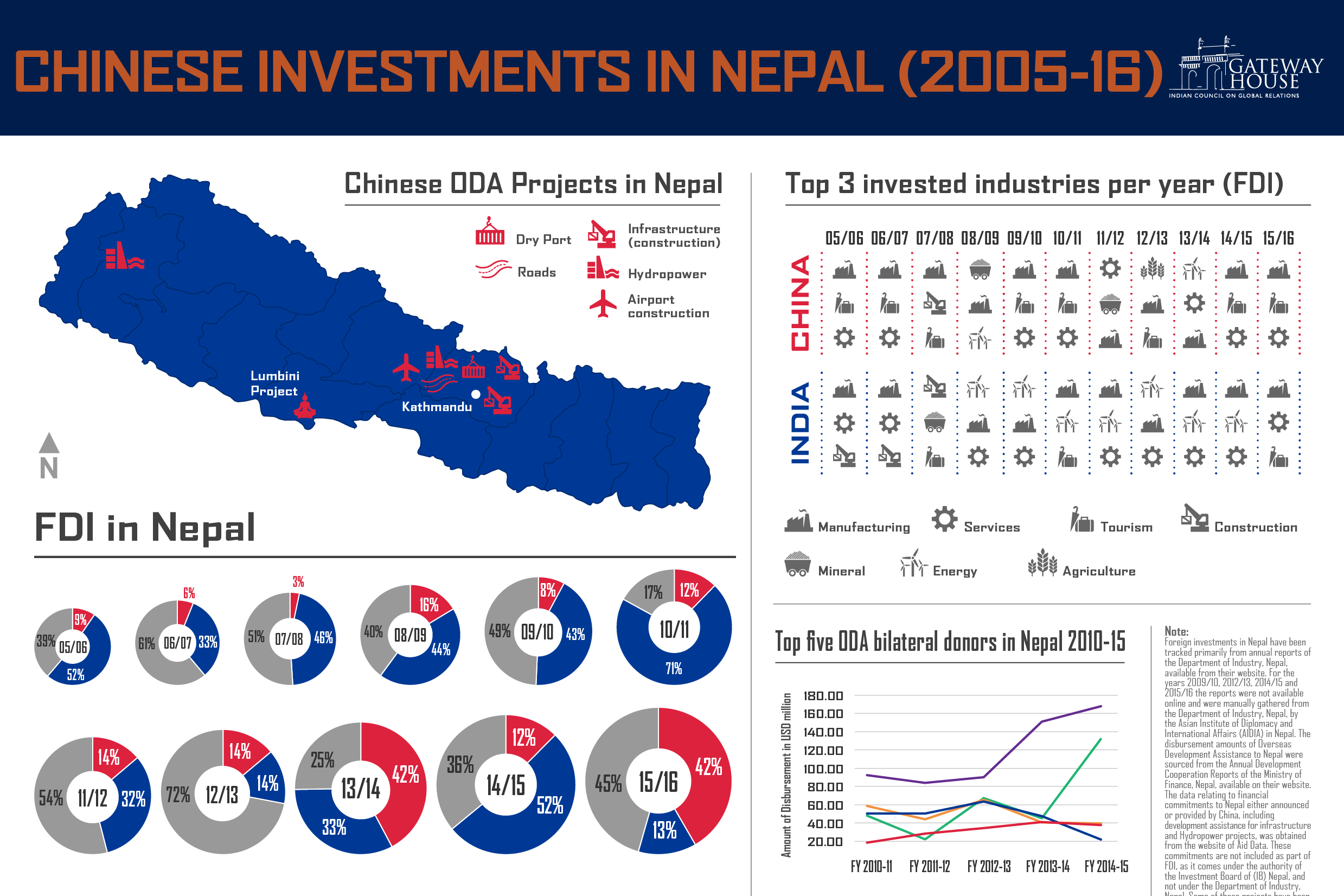 Courtesy: Gateway House
Courtesy: Gateway House
Nepalese Prime Minister Pushpa Kamal Dahal’s visit to India this week is his first foreign visit since assuming office in August this year. While this will further stimulate India-Nepal bilateral relations, China-Nepal economic cooperation has been rising significantly in recent years. To capture the extent of this cooperation, Gateway House has tracked China’s investment in Nepal from 2005 to 2016 and analysed the implications for India.
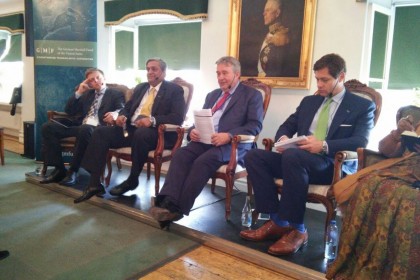 Courtesy: Gateway House
Courtesy: Gateway House
The 11th India Trilateral Forum, a meeting series between India, Europe and the U.S., reflects a more confident India from whom expectations – especially to counter China – are high. This will require a realistic re-labelling of India by the Western powers.
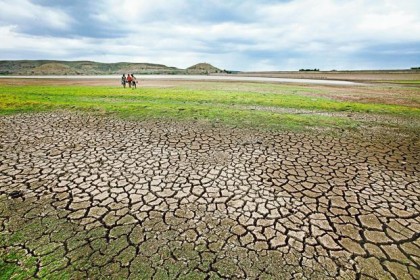 Courtesy: Hindustan Times
Courtesy: Hindustan Times
In a paper submitted to the Degrowth Conference, Budapest, held from August 30 - September 3, 2016, Rajni Bakshi argued that there is much to learn from India's traditional water systems in preparation for the oncoming global water scarcity crisis.
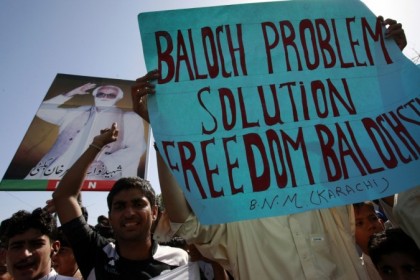 Courtesy: The Wire
Courtesy: The Wire
Prime Minister Modi’s reference to Balochistan in his Independence Day speech, which coincided with the Kashmir unrest, sparked speculations of this being smartly retaliatory. But the province’s geo-strategic complexities mean that New Delhi will have to play the ‘human rights’ card carefully.
 Courtesy: Common Dreams
Courtesy: Common Dreams
A decade after the term ‘degrowth’ was first deployed by a small group of European academics, it draws unconventional thinkers, not mainstream policy makers. The recent Degrowth Conference in Budapest made perpetual growth, not degrowth, seem utopian.
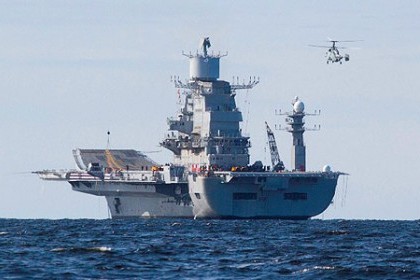 Courtesy: Wiki
Courtesy: Wiki
In the last few years, India has stepped up its engagement with the countries of the Indian Ocean. At the first Indian Ocean Conference held last week, a consensus emerged that New Delhi needed to redouble their efforts to foster political, security, economic, and cultural cooperation in the region.
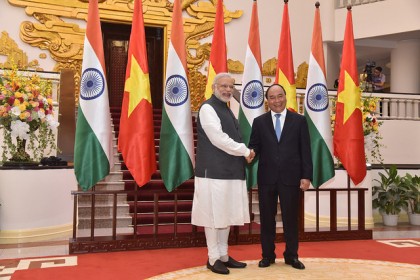 Courtesy: Ministry of External Affairs/Flickr
Courtesy: Ministry of External Affairs/Flickr
Prime Minister Narendra Modi’s recent trip to Vietnam had both heads of state announcing an upgrade of their ‘Strategic Partnership’ into a ‘Comprehensive Strategic Partnership’. This added term captures the importance both sides have vested in the need to deepen the relationship and the prospect for future cooperation.